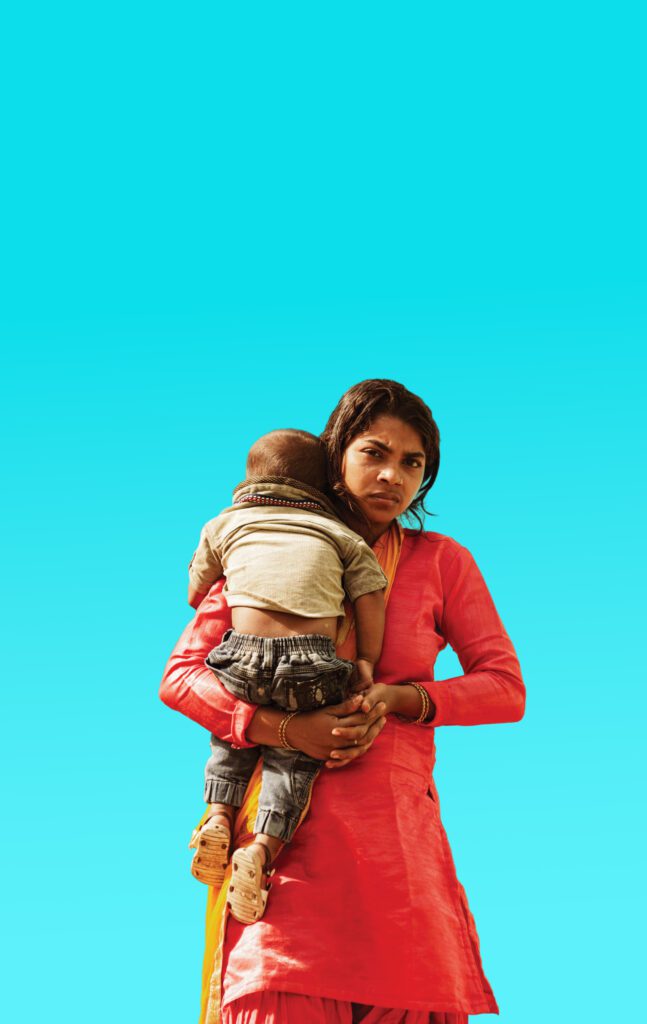
Last week, prior to the State of the Union, I wrote about my fear that President Obama would feel politically constrained to only give lip service to the fact that 48 million Americans now live in poverty. In retrospect, I would have settled for at least lip service.
In the New York Times over the weekend, columnist Charles Blow wrote a powerful op-ed about the president’s failure to advocate for the poor or disenfranchised. It can be found at http://www.nytimes.com/2011/01/29/opinion/29blow.html?_r=2&hp=&adxnnl=1&adxnnlx=1296302488-mEdLLazzd+aNtJVjHi6UHA According to Blow, this is only the second time in history that a Democratic president has failed to even mention poverty.
I think the president deserves some latitude given the multiple crises he’s had to confront. And along with most political pragmatists, I understand why the president feels compelled to keep the focus on education, economic growth, innovation, renewable energy, free trade, and platitudes about America winning the future. But it’s not just a coincidence that each of those issues affects constituencies who have enough economic or political power to project a voice loud enough to be heard in Washington. Or that those who live in poverty do not.
In fact beyond all of the political points that were won or lost in the competing analyses of the President’s remarks, the speech was also a window into a national culture that has become callous and indifferent to those so marginalized that they have literally disappeared from the national dialogue.
This is not the fault of President Obama – though he could probably help change it if he chose to. It is rather the inevitable result of a society whose worship of celebrity, success, material wealth, and political influence has reached heights previously unseen. That’s not something the President owns. We all do. And it will only change when each of us commits to listen and respond to not only the loudest voices, but the most silent as well.


